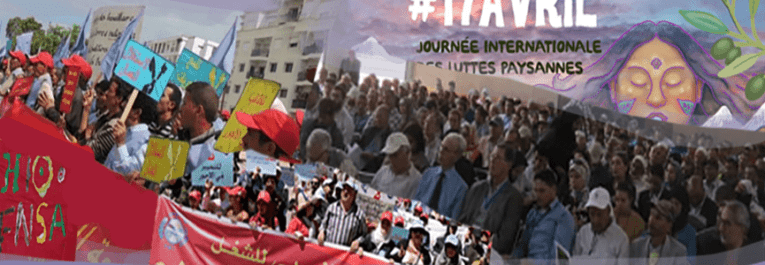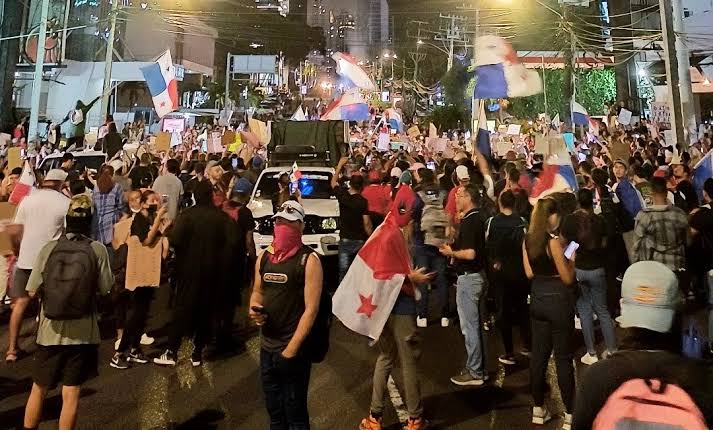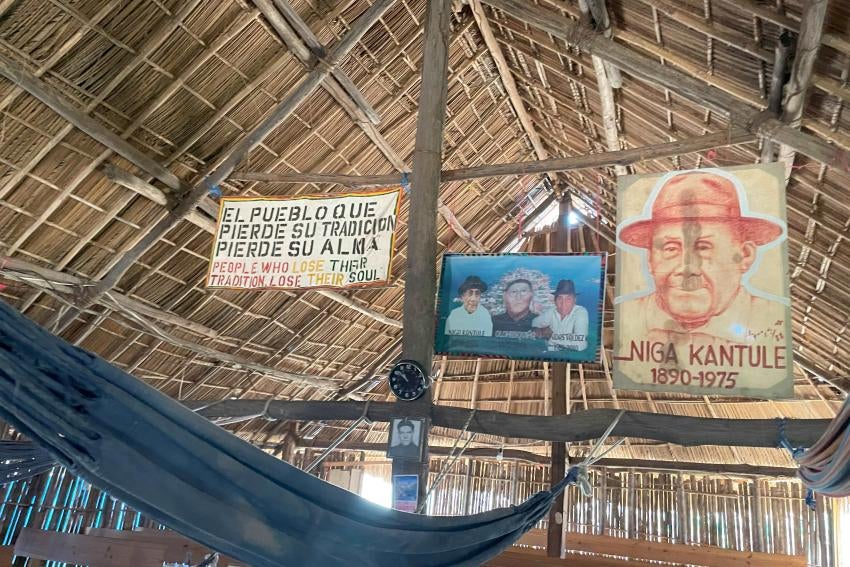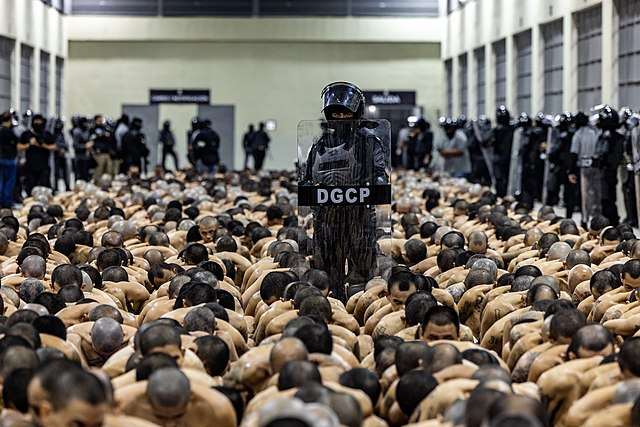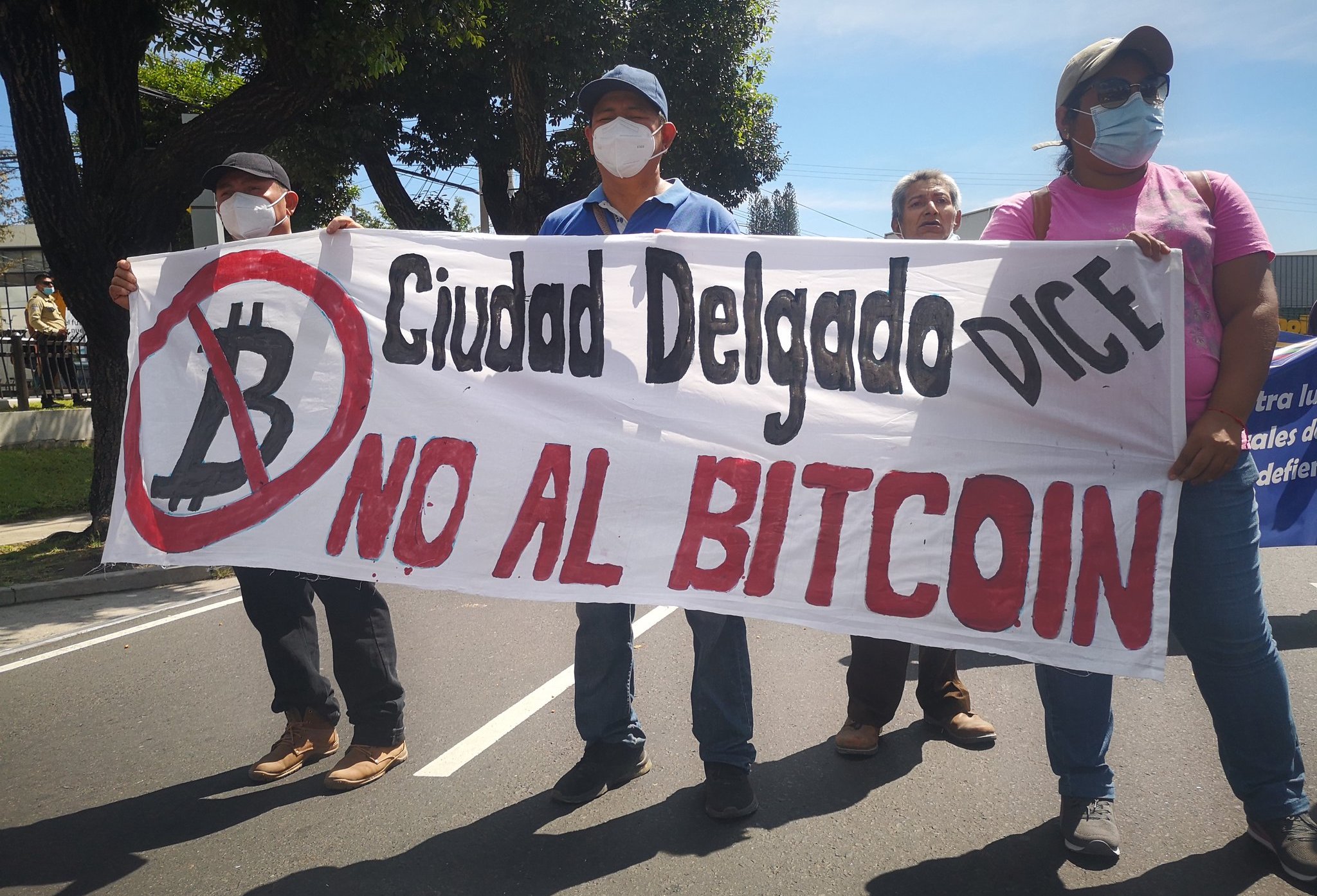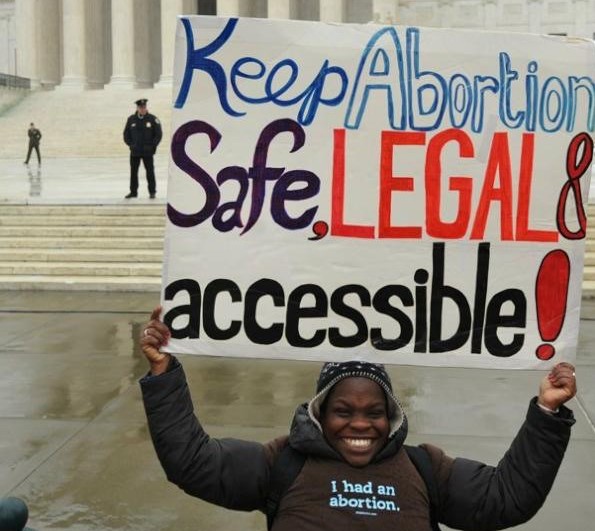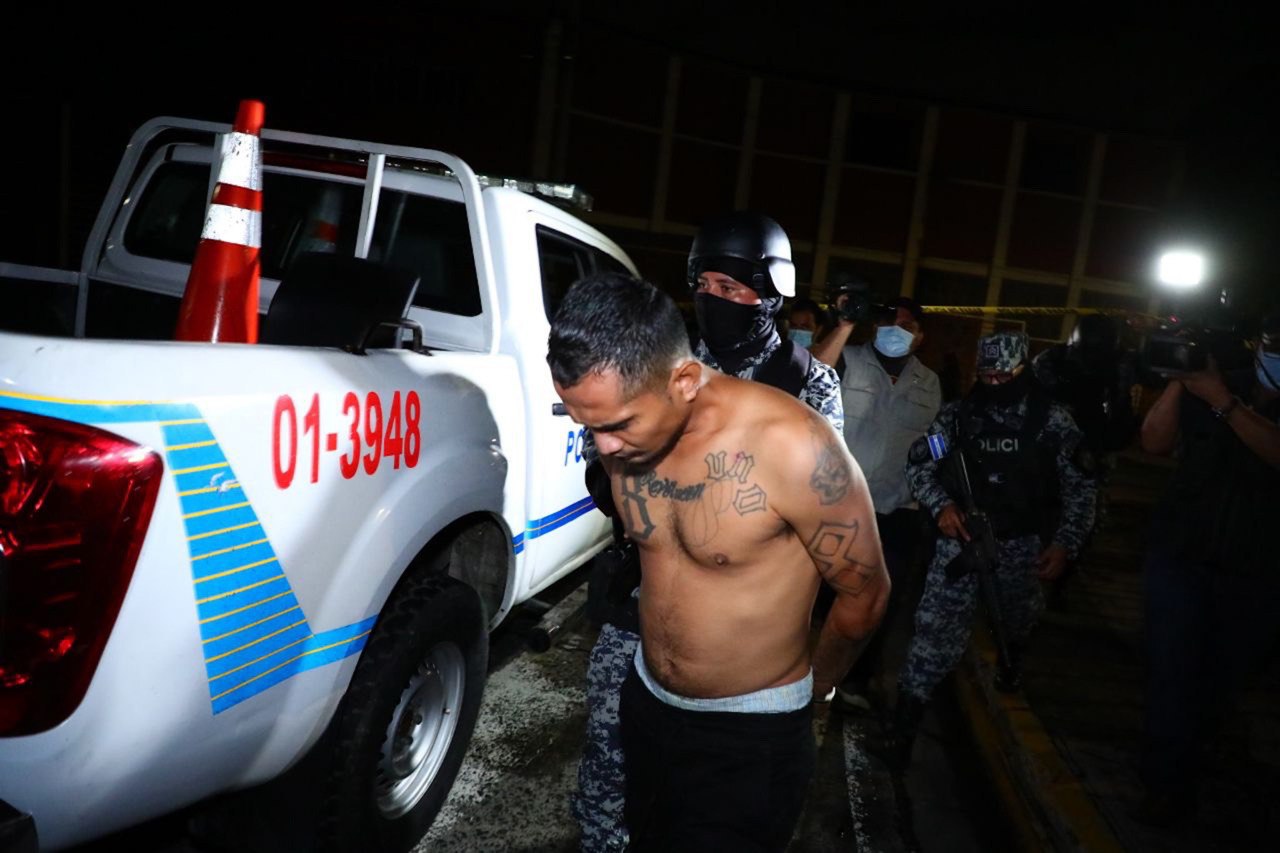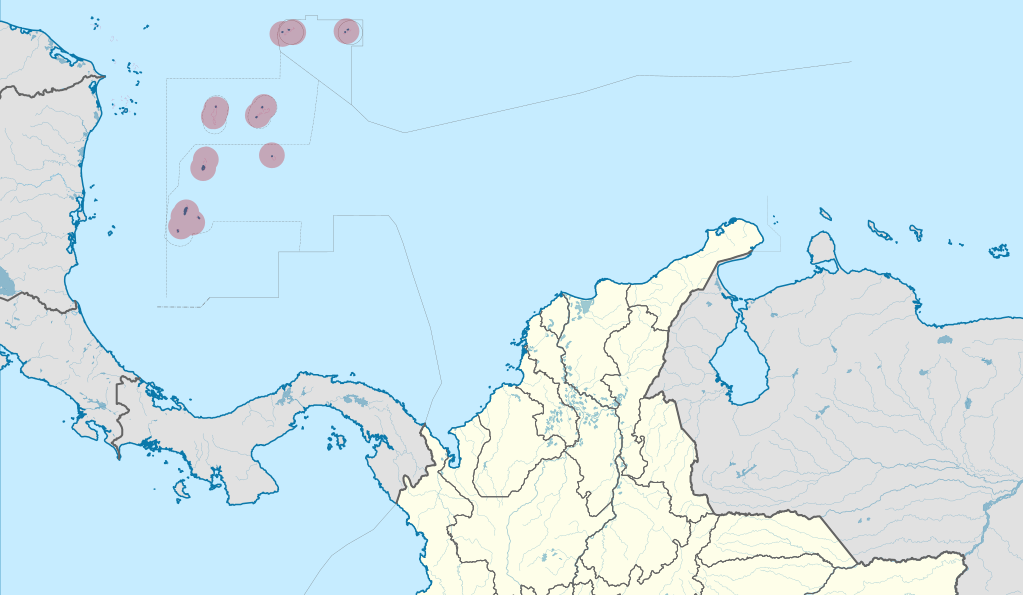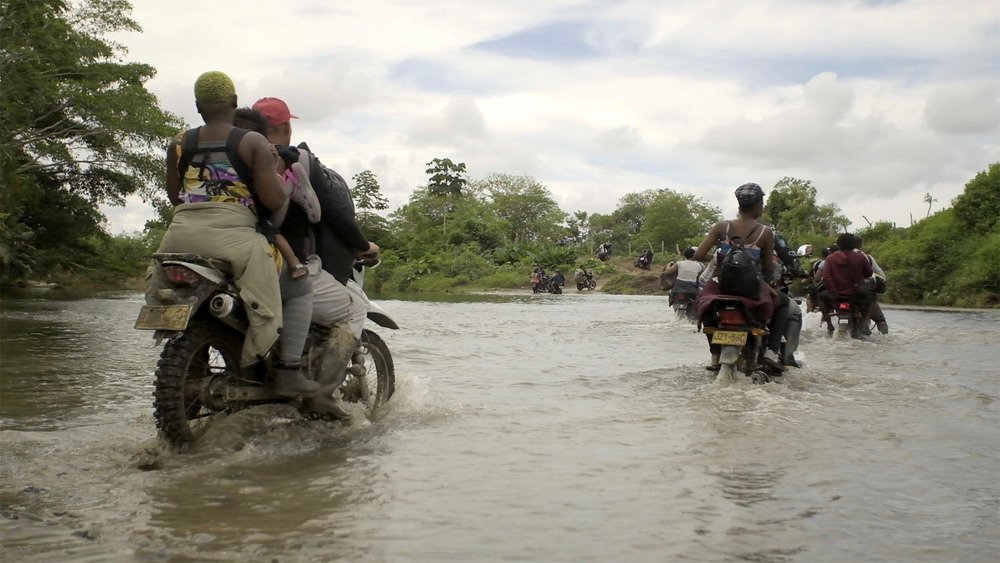
US-Panama deal to shut down Darién Gap migration route
Immediately upon taking office, Panama’s new President José Raúl Mulino struck a deal with the United States to shut down the migration route through the Darién Gap, which sees thousands annually making the perilous jungle trek while seeking to reach North America. The US has committed to cover the cost of repatriation of migrants who illegally enter Panama and to deploy Homeland Security teams on the route. Last year, a record 520,000 migrants risked their lives, often at the hands of human traffickers, to traverse the Darién Gap, an expanse of roadless jungle stretching some 100 kilometers from Panama’s border with Colombia. (Photo: David González/TNH)




